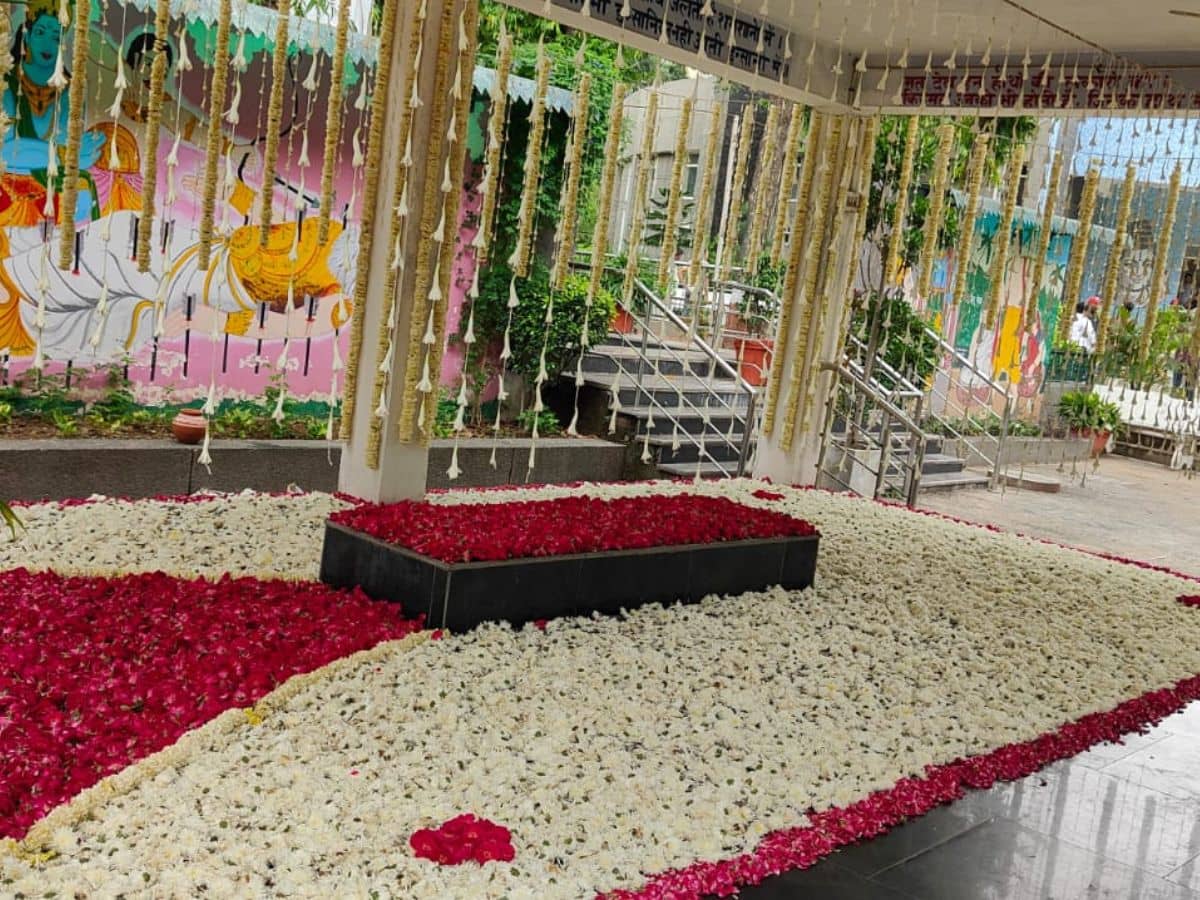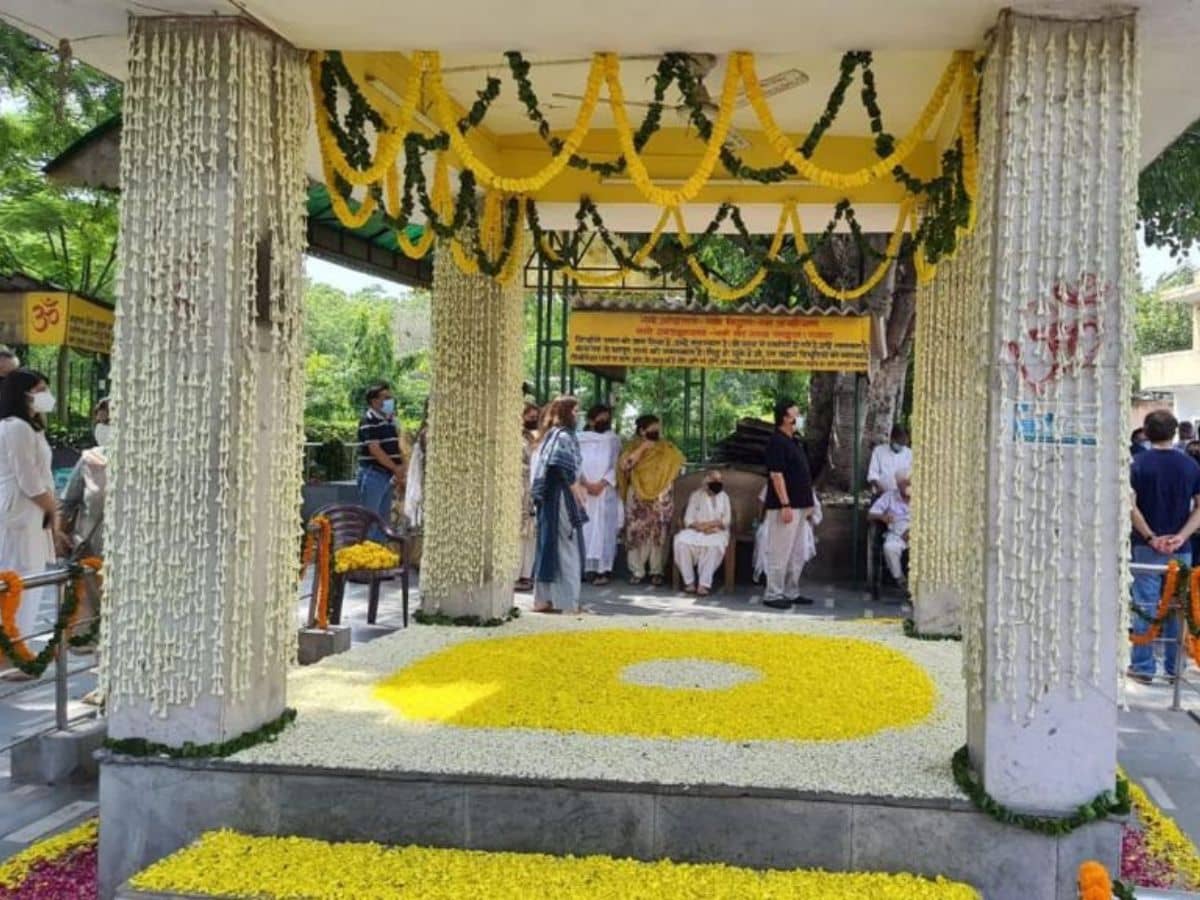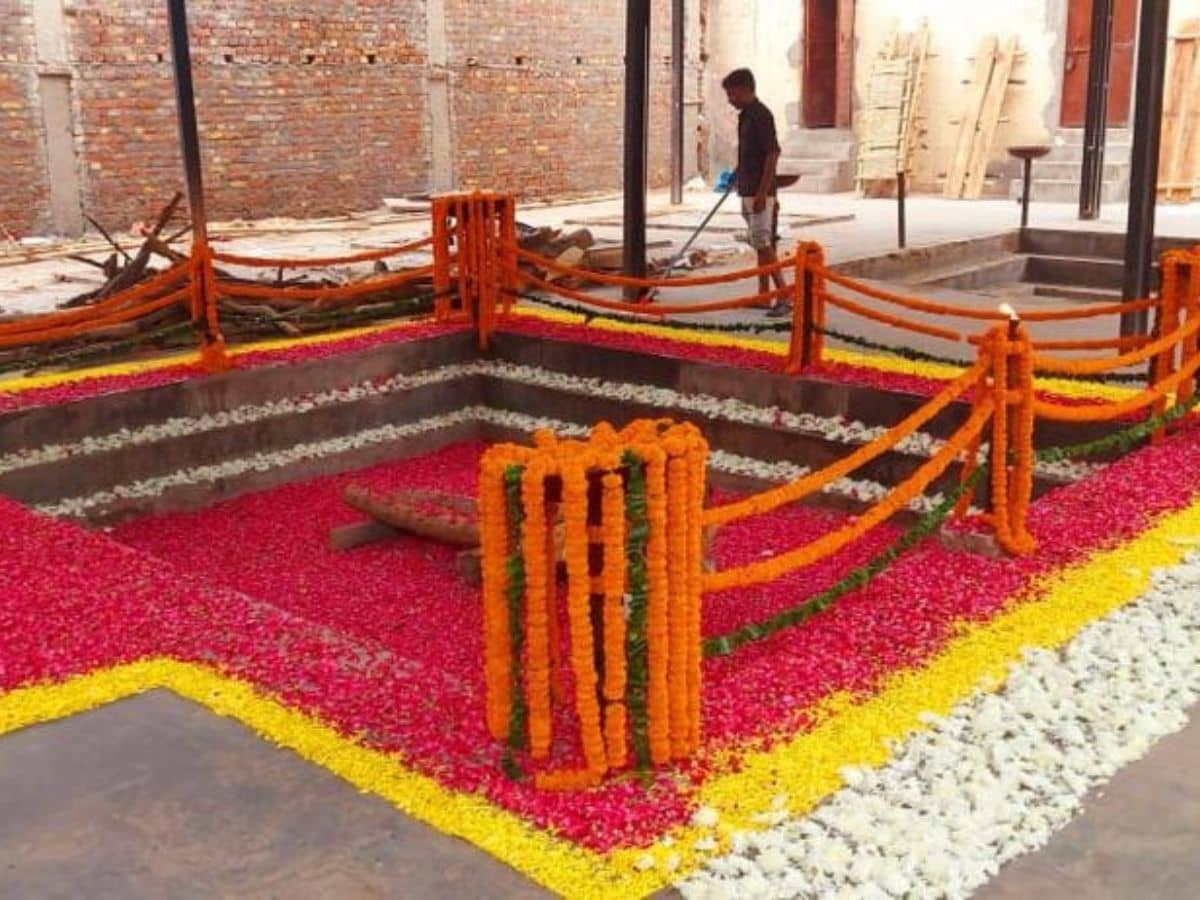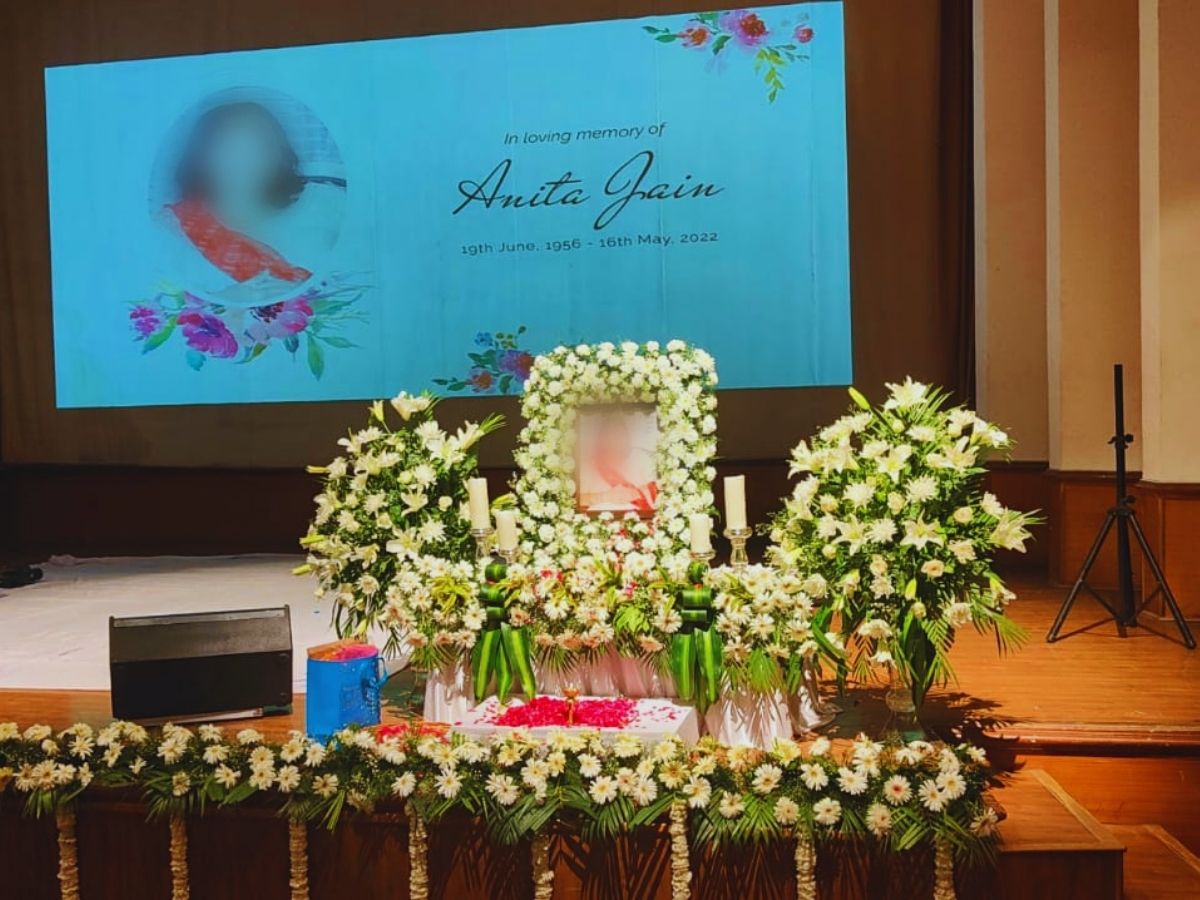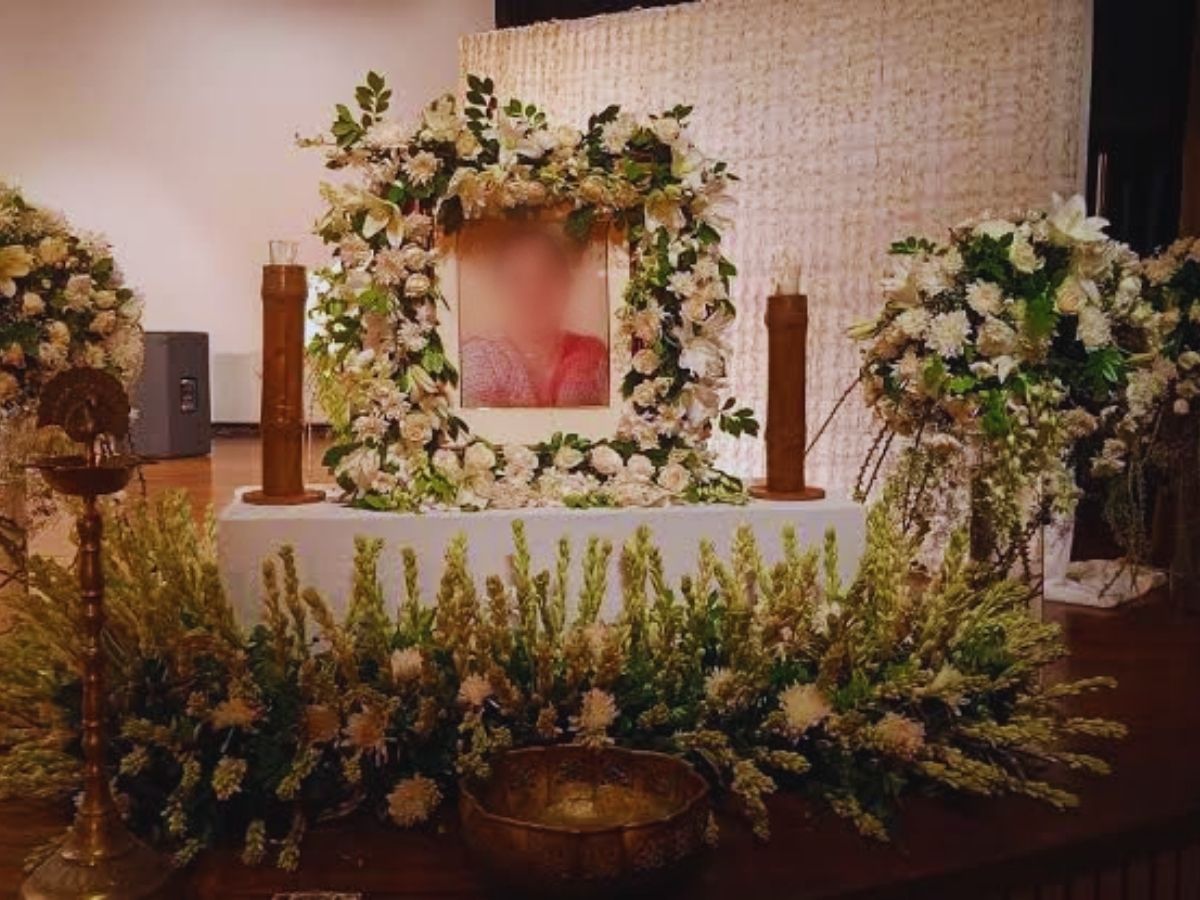We're here to offer constant support. Whether you need immediate assistance after the passing of a loved one or want to explore pre-planning for a funeral, you can contact us anytime.
In every tradition across the world, funeral rituals hold a profound place, serving as a bridge between the living and the departed, the past and the present. This blog post delves into the reasons why funeral rituals are so crucial, exploring their emotional, cultural, and psychological impacts.
Funeral rituals are often the first step in the grieving process. They serve as a stark, yet necessary, acknowledgment of death, allowing mourners to confront the reality of loss. This confrontation is essential for emotional healing. The rituals provide a structured way of expressing grief, where tears, sorrow, and even laughter over shared memories are all accepted.
Funerals are not just about mourning a death; they're also about celebrating a life. Through eulogies, shared stories, and traditional rites, a funeral ritual commemorates the life of the departed. It's a time to recall the joys, achievements, and impact the deceased had on the lives of those they touched.
Funeral rituals bring together friends, family, and sometimes even entire communities. This collective mourning not only offers emotional support to the bereaved but also strengthens community bonds. In many cultures, the community's role in a funeral is as vital as that of the immediate family, providing a sense of belonging and collective healing.
Funeral rituals are often deeply rooted in cultural and religious beliefs. They provide a link to ancestral practices and beliefs, offering a sense of continuity and connection to heritage. Whether it's a Hindu cremation ceremony or a Christian burial, these rituals are a way to maintain cultural identity and impart values to subsequent generations.
Funerals serve as a significant marker of transition. For the deceased, many cultures and religions view funeral rituals as helping the soul transition to an afterlife or another form of existence. For the living, funerals can mark the start of a life without the physical presence of the departed. They provide a sense of closure, allowing mourners to begin the process of moving forward.
Engaging in funeral rituals can be therapeutic. It provides a structured way of expressing emotions, which can be crucial for mental health during such a turbulent time. The act of saying goodbye formally, surrounded by loved ones, provides a sense of relief and can start the journey towards healing.
Funeral rituals are a fundamental aspect of human societies, serving multiple roles - from acknowledging loss and celebrating life to providing comfort and upholding traditions. They are as much for the living as they are for the deceased. In essence, these rituals are a critical part of how we, as humans, process and cope with one of life's most challenging experiences: the loss of a loved one.
While the form and practices of these rituals may vary widely across different cultures and religions, their underlying importance remains universal. They are a testament to the resilience of the human spirit in the face of loss and a reminder of the unbreakable bonds that connect us.
In moments of grief, leaning on these rituals and traditions can provide immense comfort. If you are in the process of planning a funeral, consider reaching out to professional services like Noble Sparrows, who can guide and support you through these important rituals, ensuring they are carried out with dignity, respect, and in alignment with your cultural and personal values. Remember, you are not alone in this journey.
